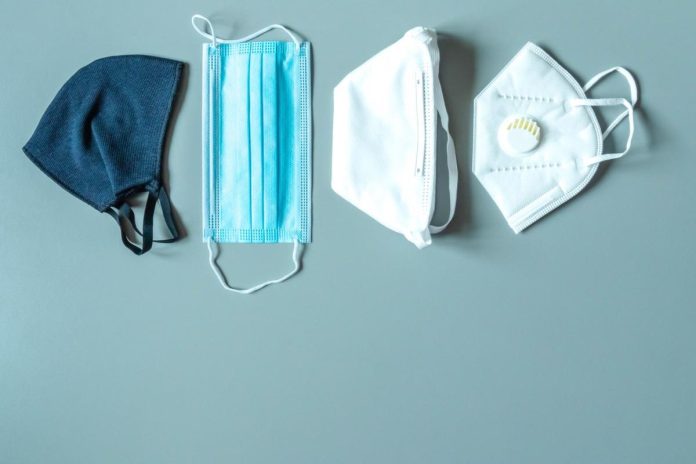The World Health Organization says that facemasks should be worn by the public in some situations.
The WHO issued the update due to the current global spread of COVID-19.
According to the organization, wearing a mask is advised for anyone who has recently been exposed to COVID-19, anyone who has or suspects they have COVID-19, anyone who is at high risk of severe COVID-19, and anyone who is in a crowded, enclosed, or poorly ventilated area.
Between December 31, 2022 and January 13, 2023, 42 new cases of COVID-19 were confirmed, according to the Punch.
Nigeria has so far recorded 266,492 confirmed cases of COVID-19; In 36 states and the Federal Capital Territory, 2,59,858 cases and 3,155 deaths have been resolved.
661,545,258 confirmed cases of COVID-19, including 6,700,519 deaths, had been reported to WHO as of January 13.
“Previously, the WHO recommendations were based on the epidemiological situation,” the WHO stated in a new release.
“Similar to previous recommendations, WHO advises that there are other instances when a mask may be suggested, based on a risk assessment. Factors to consider include the local epidemiological trends or rising hospitalization levels, levels of vaccination coverage and immunity in the community, and the setting people find themselves in.”
The WHO also advised that a COVID-19 patient could be discharged from isolation early if they tested negative on an antigen-based rapid test.
“Without testing, for patients with symptoms, the new guidelines suggest 10 days of isolation from the date of symptom onset. Previously, WHO advised that patients be discharged 10 days after symptom onset, plus at least three additional days since their symptoms had resolved.
“For those who test positive for COVID-19 but do not have any signs or symptoms, WHO now suggests five days of isolation in the absence of testing, compared to 10 days previously.
“Isolation of people with COVID-19 is an important step in preventing others from being infected. This can be done at home or at a dedicated facility, such as a hospital or clinic,” it noted.
The organization looked at the evidence and found that people who didn’t have symptoms were much less likely to spread the virus than people who did.
“Although of very low certainty, evidence also showed that people with symptoms discharged at day five following symptom onset risked infecting three times more people than those discharged at day 10.”




